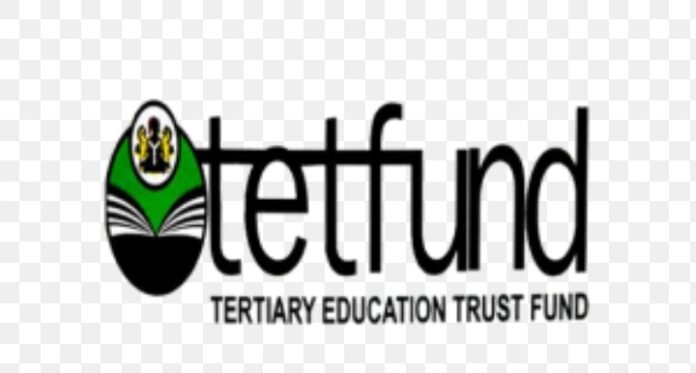The Tertiary Education Trust Fund (TETFund) has assembled a team of experts to commence the selection of ten beneficiary universities for the establishment of mechanised commercial farms and livestock operations in its 2025 intervention.
Chairman of TETFund Board of Trustees, Hon. Aminu Bello Masari, said the criteria for selection are that beneficiary institutions must be a University of Agriculture or having a robust Faculty of Agriculture.
Masari added that such universities must own at least 50 hectares of unencumbered land, and operate a functional commercial farm with at least one agricultural value chain.
The TETFund BoT Chairman spoke in Abuja while inaugurating a five-member Committee on Agricultural Commercial Farms Evaluation Committee on Monday to drive innovation and transparency in the selection process.
He revealed that under the 2025 Intervention initiative, ten universities will be supported in establishing mechanised commercial farms and livestock operations in the first phase of the programme.
“Most of the institutions have submitted their Expressions of Interest, and it became necessary to constitute this committee to ensure objectivity and transparency in the selection process,” he said.
According to him, agriculture remains a cornerstone of Nigeria’s socio-economic development, offering not just food security but also opportunities for poverty reduction, employment creation, and national prosperity.
He also emphasised the importance of modern agricultural technologies such as automation, precision farming, and data analytics, which have transformed agriculture in developed economies and can do the same in Nigeria if properly harnessed.
Masari commended the committee members for their patriotism and commitment to national service, noting their presence at the event on short notice reflected their dedication to national development.
“Agriculture provides food security, generates income, and contributes to economic growth, especially in developing countries like ours. By promoting agricultural development, we are also promoting inclusive growth and reducing the urban-rural divide,” he said.

